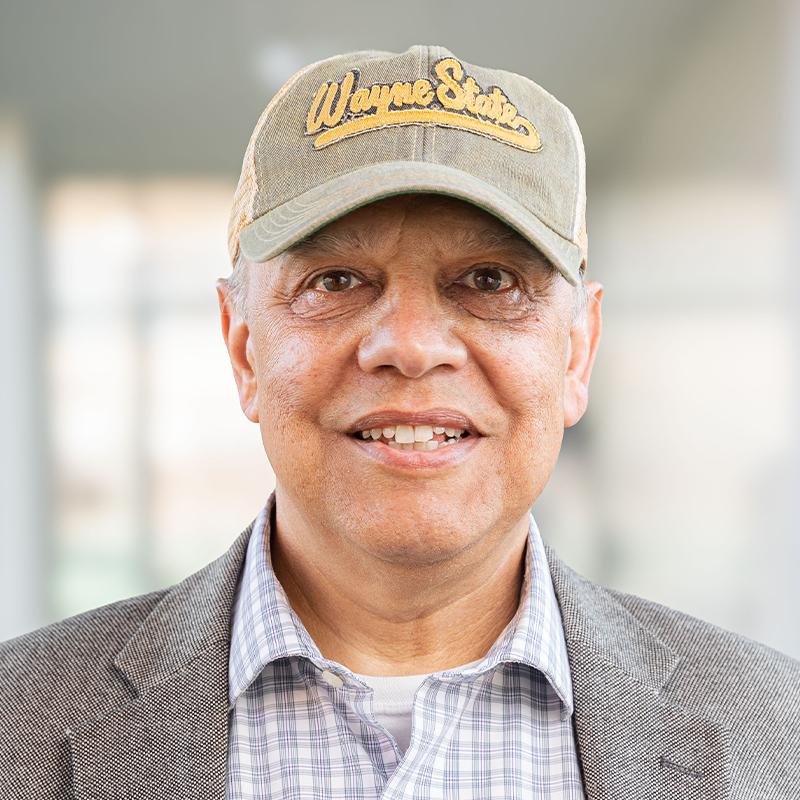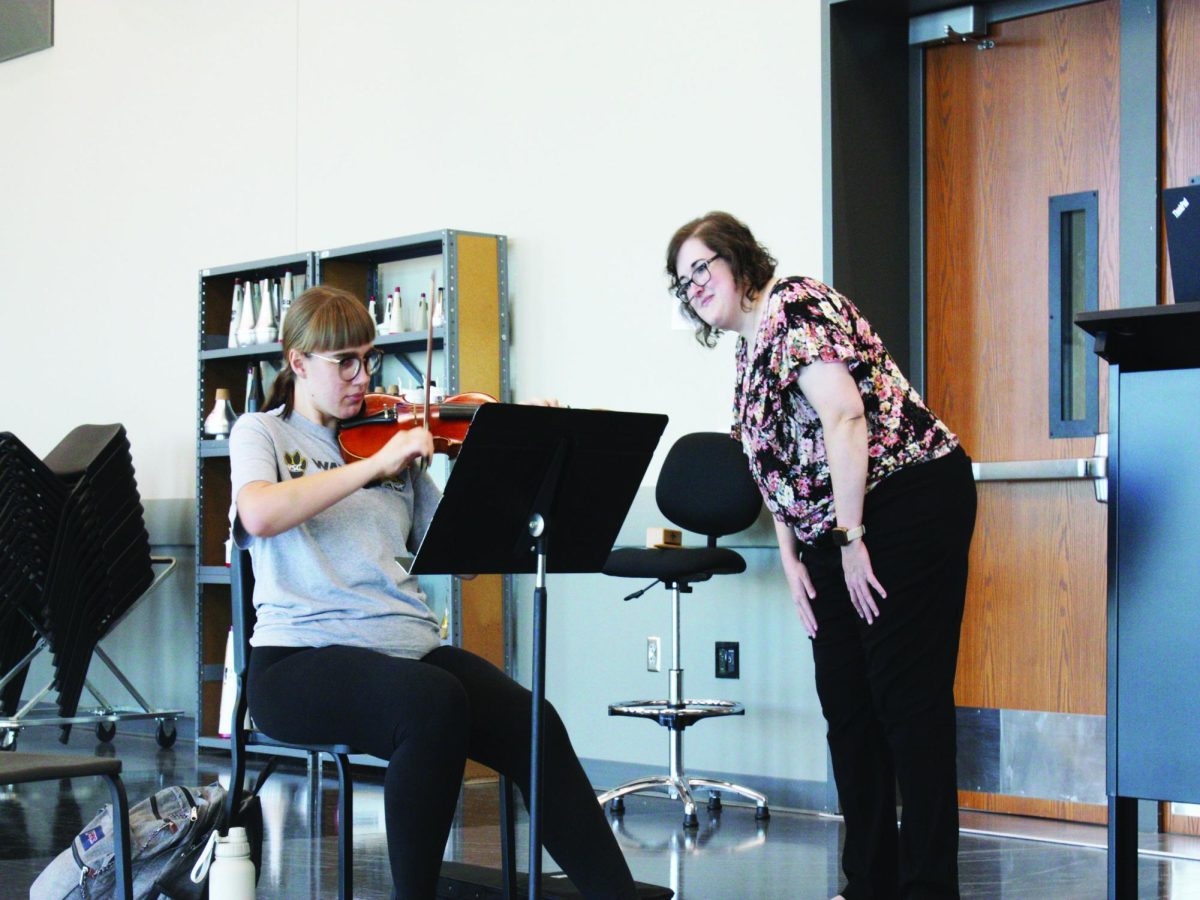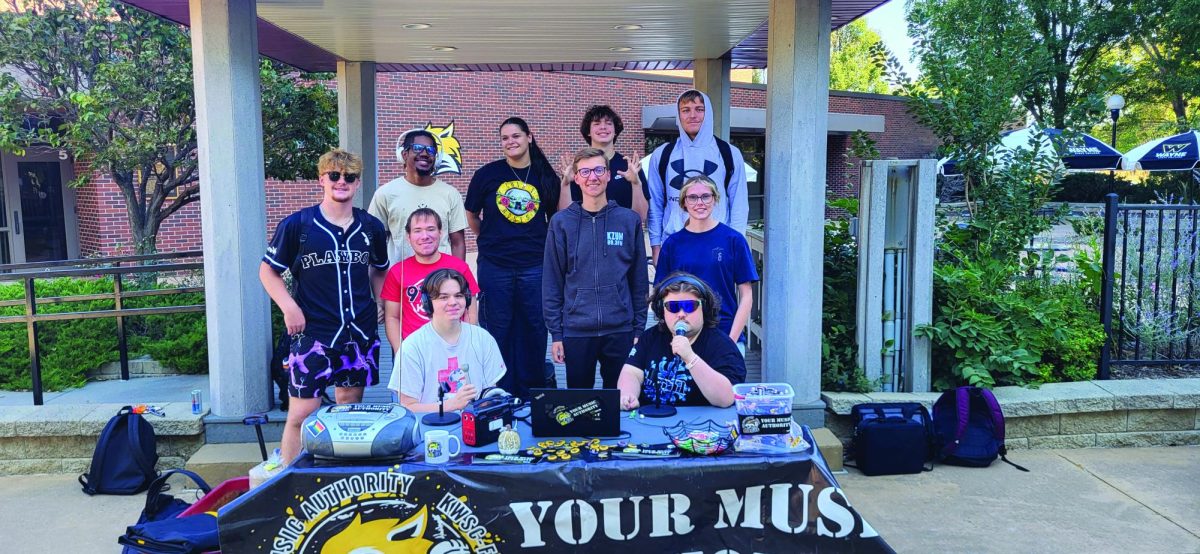Congress’ Affordable Connectivity Program will end within the next few months if additional funding isn’t provided.
In 2021, Congress passed an infrastructure package which dedicated $14.2 billion to the ACP. According to the Federal Communications Commission, the ACP was created to help low-income households struggling to afford internet services. Benefits such as discounts on internet and electronic devices have been assisting around 23 million people, a much-needed respite for the 1 in 5 American households that don’t have internet.
To qualify for the ACP, applicants need to have an income that is at or below 200% of the federal poverty guidelines, participate in certain assistance programs or in Tribal specific programs, receive benefits under the free and reduced-price school lunch program or receive a Federal Pell Grant during the current award year.
The ACP stopped taking applications in February of this year, though households already enrolled in the program continued receiving their benefits. Funds are running out for the ACP, so April will be the last month discounts are applied in full. Partial discounts will be available in May, but the program will end after if no additional funding is offered.
Americans impacted by the ACP’s termination have other options if this program is to end permanently. The Lifeline Program has offered discounts on phone services since 1985 for qualifying low-income Americans. It is part of the Universal Service Fund administered by the Universal Service Administrative Company, an organization that collects data and tracks disbursement for the low-income program.
Lifeline applicants must earn 135% or less than the Federal Poverty Guidelines, participate in certain government or tribal assistance programs, receive federal housing assistance or be on veteran pension in order to qualify for benefits.
U.S. News’s Ingrid Cruz explained in an article other ways to retain cheap internet and phone services.
“When in doubt, call your internet provider’s customer service line and explain your situation,” Cruz wrote. “Companies appreciate customer loyalty and would rather keep you as a customer so, you may be able to strike a deal with your ISP.
“Some cell phone or internet providers offer student and senior discounts that can help you save money. But there’s more: Some internet and cell phone companies offer discounts for teachers, nurses, military personnel/veterans, first responders, or union members,” Cruz wrote.
Many government programs and assistance efforts have ended or are reaching their expiration. Liz Farmer, a writer for Governing, published an article listing which programs have or will end.
“Among the aid programs that have already expired or are winding down in 2024 are the Medicaid funding boost that Congress authorized in 2020; nearly $16 billion in emergency funding for struggling public transit systems and for Amtrak; the Elementary and Secondary School Emergency Relief (ESSER) Fund, which provided a total of $190 billion to schools; and $24 billion in child care stabilization funds from 2021’s American Rescue Plan Act,” Farmer wrote.
Some companies are encouraging people to fight for the ACP’s discounts. ALLO Communications, a telecommunications company that offers different electronic services, has urged customers to reach out to their representatives.
“We understand how important this program is to many people,” their website says. “We encourage you to reach out to your state representative to express the need for the continuation and extension of this program.”








